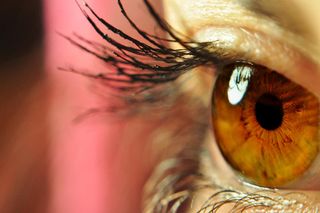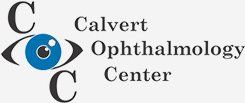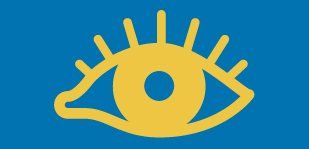Retina Disease
What Is a Retina?
Your retinas are the thin film of tissue on the back sides of your eyes. Each retina contains millions of rod and cone cells that receive and organize information. As light enters your eyes, your retinal cells interpret the images that your eyes see and send this information to your brain via your optic nerve. In short, your retinas play a critical role in your ability to see.

What Is Retina Disease?
There are many types of disease and defects that may affect your retinas. Many times, these issues negatively impact your vision. Effective treatments are available for most diseases that are known to exist. Depending on the specifics of your situation, treatments can arrest vision loss or even protect, improve and restore your sight. Permanent vision loss or blindness may result from untreated retina disease.
Symptoms of Retina Disease
There are several common symptoms of retina disease that may be an indicator that you need to schedule a checkup with your doctor. Seeing what appear to be floating dots or cobwebs are one sign; distorted vision or straight lines appearing wavy is another. Cloudy peripheral vision or noticeable deterioration in your sight are also signs that you should visit an eye specialist immediately. It is important to notice these factors as early as possible and seek medical assistance to prevent irreparable vision loss.
Examples of Retina Disease
Many varieties of retina disease may affect your eyes. These include retinal tearing which occurs when the center of your eye suddenly shrinks, retinal detachment which occurs when fluids cause the retina to detach from surrounding tissue and diabetic retinopathy which is caused by deteriorating blood vessels. Other examples of retina disease and conditions are epiretinal membrane, macular hole, macular degeneration and retinitis pigmentosa.









